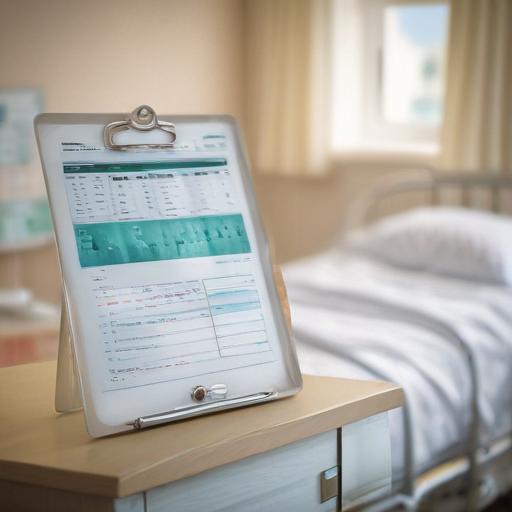Deion Sanders, a renowned two-time Super Bowl champion and current University of Colorado coach, has recently undergone a significant medical procedure to combat aggressive bladder cancer. At the age of 57, Sanders had reconstructive surgery known as neobladder reconstruction after a tumor was discovered during a routine checkup earlier this spring.
The neobladder reconstruction involves using tissue from the patient’s own small intestine, which ensures that the body does not reject the new organ. The procedure starts with the removal of the existing bladder, followed by the extraction of a section of the ileum, which is the final section of the small intestine. The surgeon then opens this segment so it can be shaped and folded to create a new bladder that is then connected to the kidneys and urethra.
Dr. Janet Kukreja, who performed the surgery robotically using laparoscopic techniques, has emphasized the remarkable adaptability of the human body in response to such procedures. Patients typically spend just a few days recovering in the hospital. The fact that the neobladder is made from the patient’s own tissue allows for a smoother recovery, as there’s no need for immunosuppressant medications that would usually follow an organ transplant.
However, Sanders and his medical team are open about the challenges that accompany a reconstructed bladder, including issues with bladder control and the need for some training to manage these changes. Sanders humorously noted his reliance on adult incontinence products, which helped destigmatize the experience for others. His candid conversation during a recent press conference resonated with many, particularly those facing similar health struggles, prompting discussions about the emotional aspects of living with a neobladder.
This year, an estimated 85,000 individuals in the U.S. will be diagnosed with bladder cancer, highlighting the importance of awareness and early detection. Sanders urges others to prioritize their health by attending regular checkups, as timely medical care can lead to crucial early discoveries, potentially improving outcomes dramatically.
The openness displayed by Sanders not only sheds light on a serious health issue but also fosters a supportive community for those undergoing similar challenges, promoting discussions that can help alleviate feelings of shame associated with bladder conditions.
